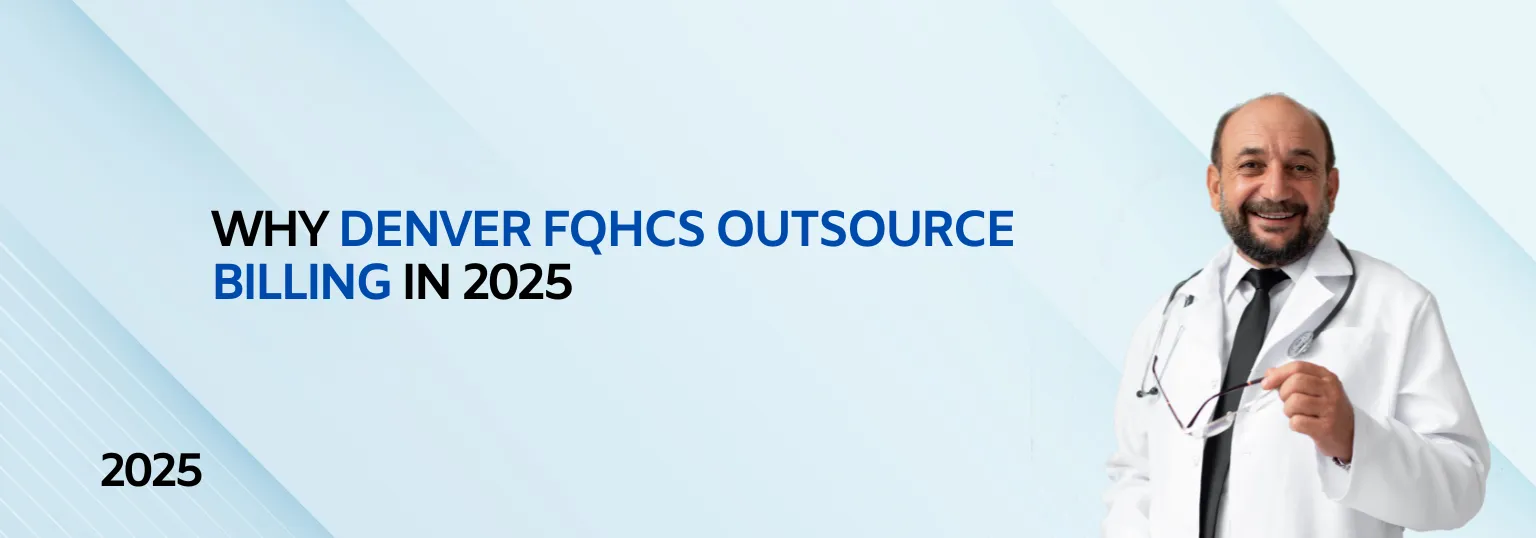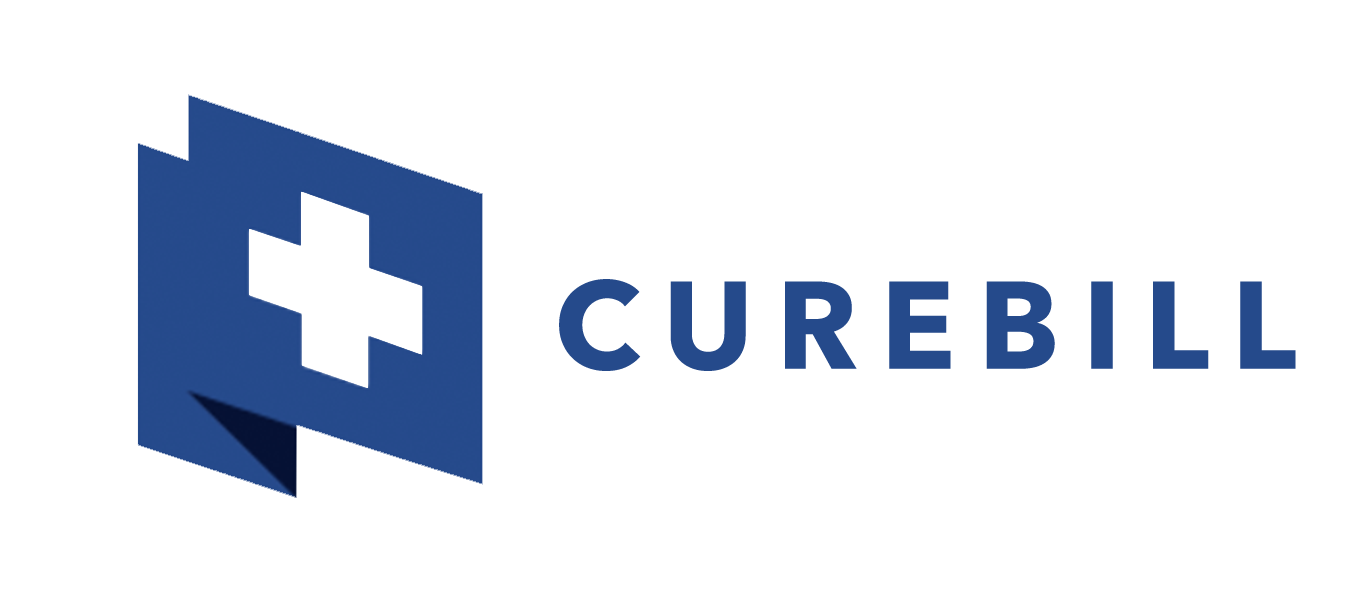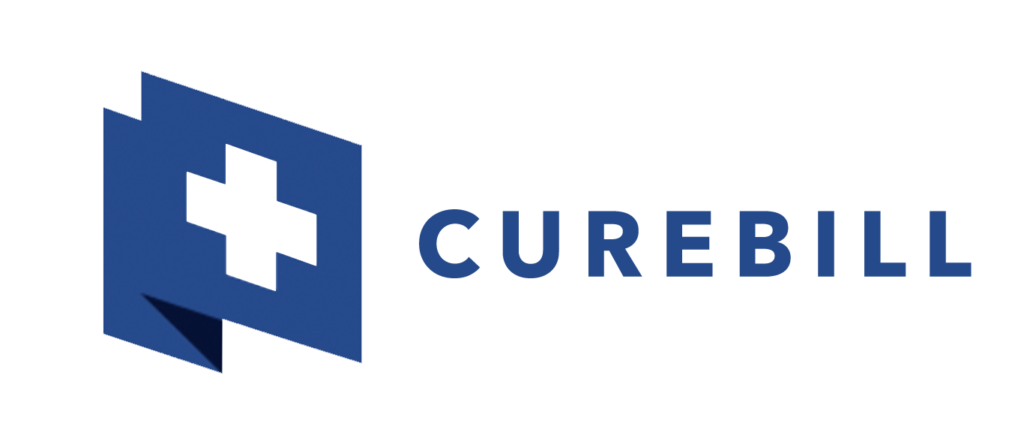
Why Denver FQHCs & Community Clinics Are Outsourcing Billing (2025 Guide)
If you lead a Federally Qualified Health Center (FQHC) or community health clinic in Denver whether in Five Points, Montbello, Globeville, or Westwood you know your mission: provide high-quality, affordable care to underserved communities.
But here’s the hard truth.
Billing shouldn’t distract you from that mission.
Yet every month, you’re wrestling with:
- Complex sliding fee scale billing for uninsured patients
- 330 grant compliance reporting that feels like a second job
- Denied Health First Colorado (Medicaid) claims due to missing U codes
- Staff turnover in your billing department
- Pressure to prove cost per visit metrics to funders
You’re not alone. In 2025, over 70% of Denver’s FQHCs are partnering with specialized medical billing services not to cut corners, but to protect their funding, stay compliant, and serve more patients.
In this guide, we’ll explain.
- Why Denver FQHCs are outsourcing billing
- What makes FQHC billing in Denver uniquely complex
- How to choose a billing partner who understands your mission
- And what real results look like
Let’s help you focus on care not paperwork.
The Hidden Burden of In-House Billing for Denver FQHCs
Running billing in house at an FQHC is unlike any other medical practice. You’re not just coding visits you’re managing.
- Sliding fee scale calculations based on income & family size
- U1 to U9 modifiers for all Medicaid claims (required by Health First Colorado)
- 330 grant reporting (Uniform Data System UDS)
- Wraparound billing for behavioral health, dental, and enabling services
- Dual eligibility (Medicaid + Medicare) for elderly patients
Outsourcing isn’t about giving up control it’s about freeing your team to focus on patients, not spreadsheets.
What Makes FQHC Billing in Denver So Complex?
National billing firms often treat FQHCs like regular clinics. But Denver’s FQHC ecosystem has unique rules.
Health First Colorado Requires U Codes
- Every Medicaid claim must include U1 to U9 modifiers based on service type
- Missing U codes = automatic denial
- Example: U1 = medical visit, U4 = behavioral health
330 Grant Compliance & UDS Reporting
- HRSA requires accurate cost per visit, patient demographics, and service counts
- Billing errors = inaccurate UDS data = risk to federal funding
Sliding Fee Scale Documentation
- Must verify income + household size annually
- Billing systems must auto-apply discounts based on FPL (Federal Poverty Level)
Local Payer Nuances
- Denver Health Network: Has specific referral and billing protocols
- Anthem Blue Cross CO: Requires prior auth for many specialty referrals
- Medicare Advantage plans: Often reject FQHC claims without proper documentation
Who’s Outsourcing Billing in Denver?
It’s not just one type of FQHC. In 2025, we’re seeing.
- Large FQHCs like Salud Family Health and Axis Health System
- Small community clinics in Westwood and Sun Valley
- School-based health centers across DPS
- Behavioral health FQHCs serving youth in Montbello
- Rural-urban hybrid clinics with sites in Denver and surrounding counties
5 Signs Your Denver FQHC Needs Outsourced Billing
Ask yourself.
- Are your Medicaid denials above 15%?
- Is your team spending 10+ hours/week on sliding fee verification?
- Did you miss UDS deadlines last year?
- Have you lost billing staff in the past 12 months?
- Are you stressed about 330 grant audits?
If you answered “yes” to 2+ questions, it’s time to consider a specialized partner.
How to Choose the Right Billing Partner for Your Denver FQHC
Not all billing companies understand FQHC workflows. Here’s what to look for.
Proven FQHC Experience in Colorado
Avoid firms that say “we handle all clinics” but have never processed a U4 behavioral health claim.
330 Grant & UDS Expertise
Your billing partner should provide clean, auditable data for.
- Total patient visits
- Revenue by payer
- Sliding fee utilization
- Cost-per-visit calculations
Sliding Fee Scale Integration
Look for systems that auto-calculate discounts based on FPL guidelines and store income verification securely.
HIPAA + HRSA Compliance
Ensure they follow both federal regulations not just HIPAA, but also HRSA program integrity rules.
Transparent, Grant-Friendly Pricing
Most Denver FQHCs pay 4 to 6% of collections. Avoid per claim fees that inflate costs during high volume months.
What to Expect When You Switch (Timeline & Results)
Most Denver FQHCs see results fast.
- Week 1 to 2: EHR integration, UDS data mapping, staff training
- Week 3 to 4: First clean U coded claims submitted
- Month 2: Medicaid denials drop by 40 to 60%
- Month 3: UDS ready reports generated automatically
Why CureBill Is Trusted by Denver FQHCs
At CureBill, we’re not a generic billing vendor. We’re a Colorado based team that’s helped 12+ FQHCs and community clinics across Denver.
- Specialized in FQHC billing: U1 to U9 modifiers, sliding fee scale, wraparound services
- 330 grant ready: Clean UDS data for every reporting cycle
- Local expertise: Deep knowledge of Health First Colorado, Denver Health, and HRSA rules
- Mission aligned: We believe in your work and protect your funding like our own
Ready to Protect Your Funding & Serve More Patients?
If you run an FQHC or community health center in Denver, you deserve a billing partner who speaks your language and safeguards your grant.
Schedule Your Free FQHC Billing Audit
We’ll review your last 30 days of claims and show you how to reduce denials, automate sliding fees, and prepare for your next UDS submission.
FQHC billing requires special U1–U9 modifiers for Medicaid claims, sliding fee scale calculations, and 330 grant-compliant reporting. In Denver, you must also follow Health First Colorado rules and local payer policies—making it far more complex than standard medical billing.
Most Denver FQHCs pay 4% to 6% of collections to specialized billing partners. Avoid per-claim fees, which can spike costs during high-volume months. Always ask for transparent, grant-friendly pricing.
Yes—but only if they specialize in FQHCs. A qualified partner will provide clean, auditable data for patient visits, revenue by payer, sliding fee usage, and cost-per-visit metrics required for HRSA’s Uniform Data System.
U-codes (U1–U9) are required modifiers for all Medicaid claims submitted by FQHCs in Colorado. They tell Health First Colorado what type of service was provided (e.g., U1 = medical, U4 = behavioral health). Missing U-codes = automatic denials.
Most Denver FQHCs can transition in 10–14 days. A good partner will handle EHR integration, UDS data mapping, staff training, and historical claim cleanup with minimal disruption.
Yes! Several Colorado-based medical billing companies, including CureBill, specialize in FQHC workflows, 330 grant compliance, and Health First Colorado billing for clinics across Five Points, Montbello, and beyond.
Absolutely. Your billing partner must understand both HIPAA and HRSA program integrity rules. Errors in billing can lead to inaccurate UDS data, failed audits, and even risk to your 330 grant funding.

